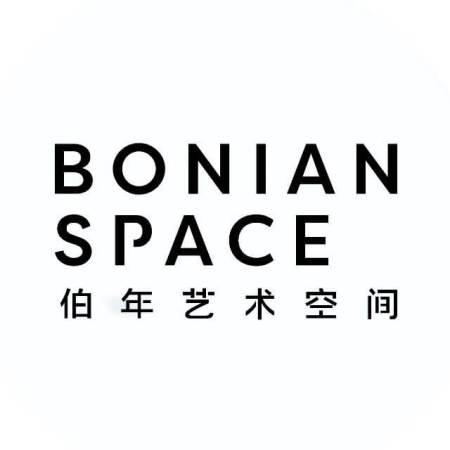"I imprint the process of self-dissection onto my body. These images are essentially a walking paradox—the more ornate his armor, the more it reveals the nakedness of his spirit; the more intricate his tattoos, the more they highlight the desolation of his cognition. Perhaps this is a new hybrid entity born from the crossbreeding of the 'ghost' of globalization and Chinese survival philosophy. Whether this hybrid faith can work, as our bodies might now already have become part of an information interface, is the concept I am exploring." — WANG Zhekun
BONIAN SPACE is pleased to announce the first solo exhibition Etched by the artist WANG Zhekun, from May 17 to June 15, 2025. Curated by WANG Yaoli, the exhibition presents over twenty new works by the artist. Through painting, printmaking, installation art, and performance-based video, WANG explores the agency of matter and the interplay between personal experience and cultural representation, delving into how memory, through the dimension of time, influences the shaping of selfhood and the intersections of family and societal histories.
Material, memory, and culture are recurring and central themes in WANG Zhekun's works. Combining perspectives from New Materialism and the phenomenology of memory, he seeks to transcend the unidirectional relationship between material and creator in traditional art-making. He investigates the roles of chance and collaboration in creation by granting materials initiative. At the same time, through a dialogical engagement with memory, his process becomes both a retrospective of personal growth and a profound exploration of cultural roots.
Memory is central to the perception of temporal continuity. The French philosopher Henri Bergson posits that the past does not vanish entirely but exists latently within the present. WANG's work reveals a nuanced observation of the complexities of Chinese family relationships and the narrative trajectories of personal growth. Beginning with his video work Rampant Growth, WANG retraces his developmental journey by revisiting old family photographs. By presenting the painting process, he visually conveys the invisible power dynamics within families and the unique cultural inheritance of kinship.
Painting is WANG Zhekun's primary way of creation. By reflecting on his role within family structures, he further interrogates the ontological questions of "Who am I?" and "Where do I come from?" He recognizes the present self as a product of past experiences, with the traces of growth becoming akin to a guiding faith. This realization inspired his Totem series, where he concretely portrays the image of his inner self on canvas, consciously constructing a personal visual faith.
On the other hand, inspired by New Materialist theories, WANG focuses on the agency of materials in his creative process. This theory emphasizes the dynamic generative qualities of matter, proposing that materials are not merely passive tools or static existences but are capable of affecting their environments and interacting with both human and non-human agents.
The diverse techniques of printmaking have led WANG Zhekun to experience the unique collaborative nature of materials through repeated experimentation. While seemingly controlled, the process often yields unexpected results. In three special works, Surprise and Serendipity, Separation of Water and Oil, and Printmaking Studio, three works explore the two states of "accident" and "chance" that exist in the artist's creation. They carry the surprises that the artist unintentionally gains from creation, thereby realizing life's impermanence. At the same time, they also record the critical period when WANG Zhekun repeatedly explored and tried in the early stage of his creation.




